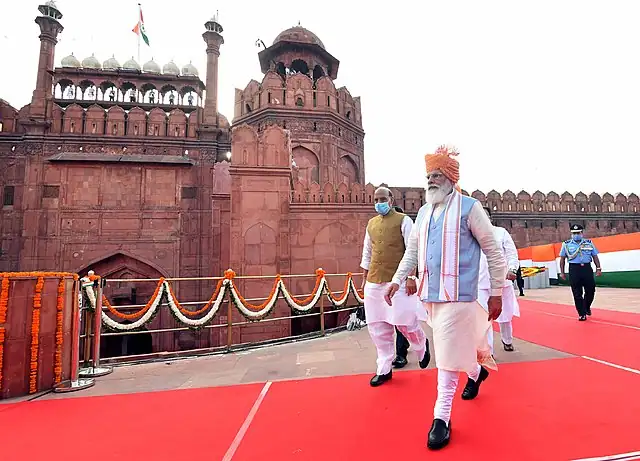Narendra Modi, the charismatic leader who has dominated Indian politics for over a decade, is set to face one of his most challenging electoral battles in 2024. With a strong track record of economic reforms, infrastructure development, foreign policy initiatives, and most importantly Hindutva ideology, Modi and his Bharatiya Janata Party (BJP) have enjoyed significant popularity among the Indian electorate. However, as the political landscape evolves and new challenges emerge, the question arises: Can Modi lose the 2024 election? In this article, we will assess the factors that could potentially shape the outcome of the next general elections in India.
Anti-incumbency and fatigue

One of the most common factors that can impact any incumbent government’s chances of re-election is anti-incumbency sentiment. After nearly a decade in power, the Modi government may face some level of anti-incumbency, particularly if there is dissatisfaction with the pace of reforms, economic growth, or handling of social issues. Public opinion can shift rapidly. It will be crucial for the BJP to address any concerns and offer a compelling vision for the future.
Opposition unity and alliances
Another significant factor that could impact the 2024 election is the opposition’s ability to forge strategic alliances and present a united front against the BJP. In the past, a fragmented opposition has worked to Modi’s advantage, allowing him to consolidate his position. However, if opposition parties can overcome their ideological differences and come together in a broad coalition, it could pose a formidable challenge to the ruling party.
Socio-economic factors
The socio-economic landscape of India plays a crucial role in shaping electoral outcomes. Issues such as unemployment, agrarian distress, rising inequality, and access to basic amenities can sway voters’ preferences. Modi’s government has implemented various initiatives to address these concerns, such as the Make in India campaign, Swachh Bharat Abhiyan, and the Pradhan Mantri Awas Yojana. However, the success and impact of these programs will be closely scrutinized by voters.
Regional dynamics
India’s political landscape is heavily influenced by regional parties and their leaders. These parties often have a stronghold in their respective states. They can play a decisive role in determining the overall outcome of the election. The BJP’s success in forming alliances or garnering support from regional parties will be critical.
Unforeseen events and emerging issues
Political landscapes can change dramatically due to unforeseen events or emerging issues. Natural disasters, geopolitical tensions, economic crises, or public health emergencies can significantly impact voter sentiment. How effectively the government responds to such challenges can have a profound effect on the election outcome.
Summary of ‘Can Modi Lose the 2024 Election?’
It is clear that Narendra Modi and the BJP face a complex and evolving political landscape. Factors such as anti-incumbency, opposition unity, socio-economic concerns, regional dynamics, and unforeseen events can all influence the electoral outcome. The next general elections will be a critical test for both the ruling party and the opposition. They will shape the trajectory of Indian politics for years to come.







